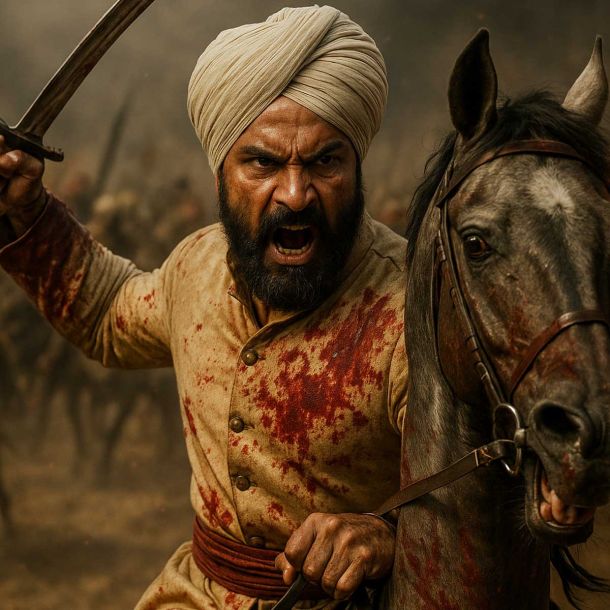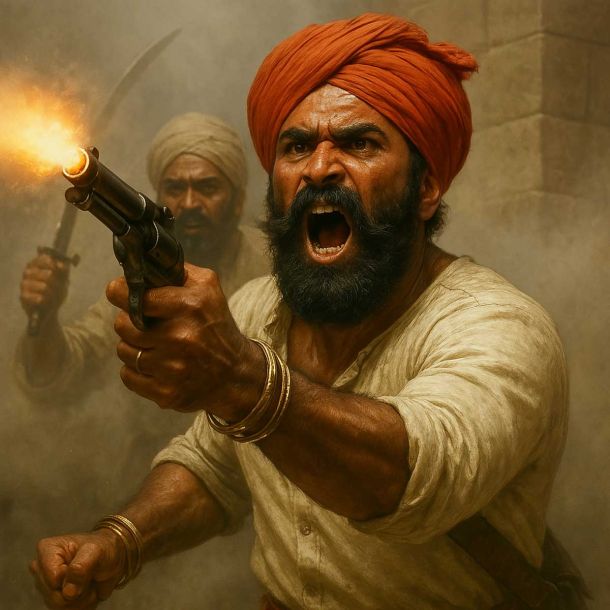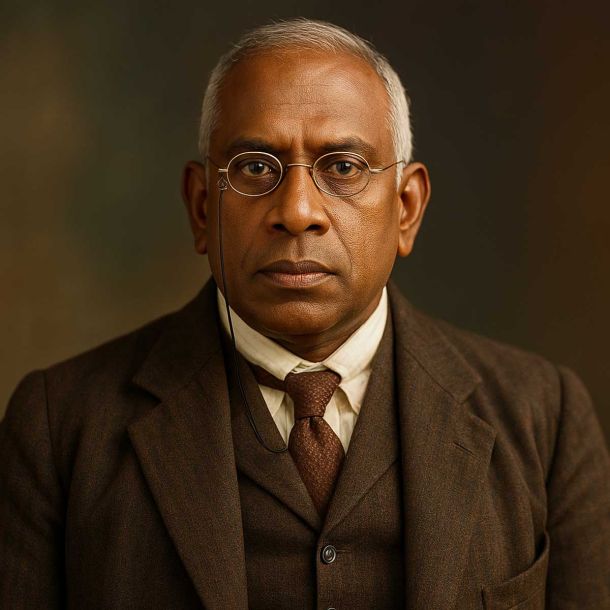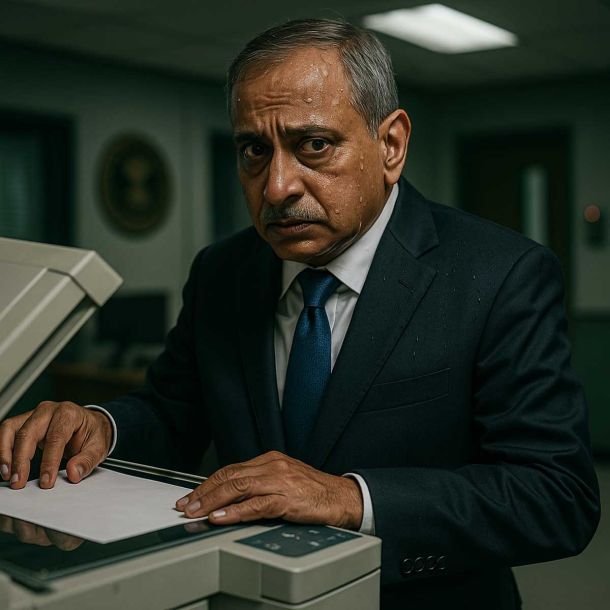MORE COVERAGE
"Fighting for Islam, that is not suicide. They kill themselves for Islam": Ihsan Bagby, Prof. of Islamic studies at Kentucky University declared that Muslims can never be full citizens of the US as they can never commit to its institutions & ideologies
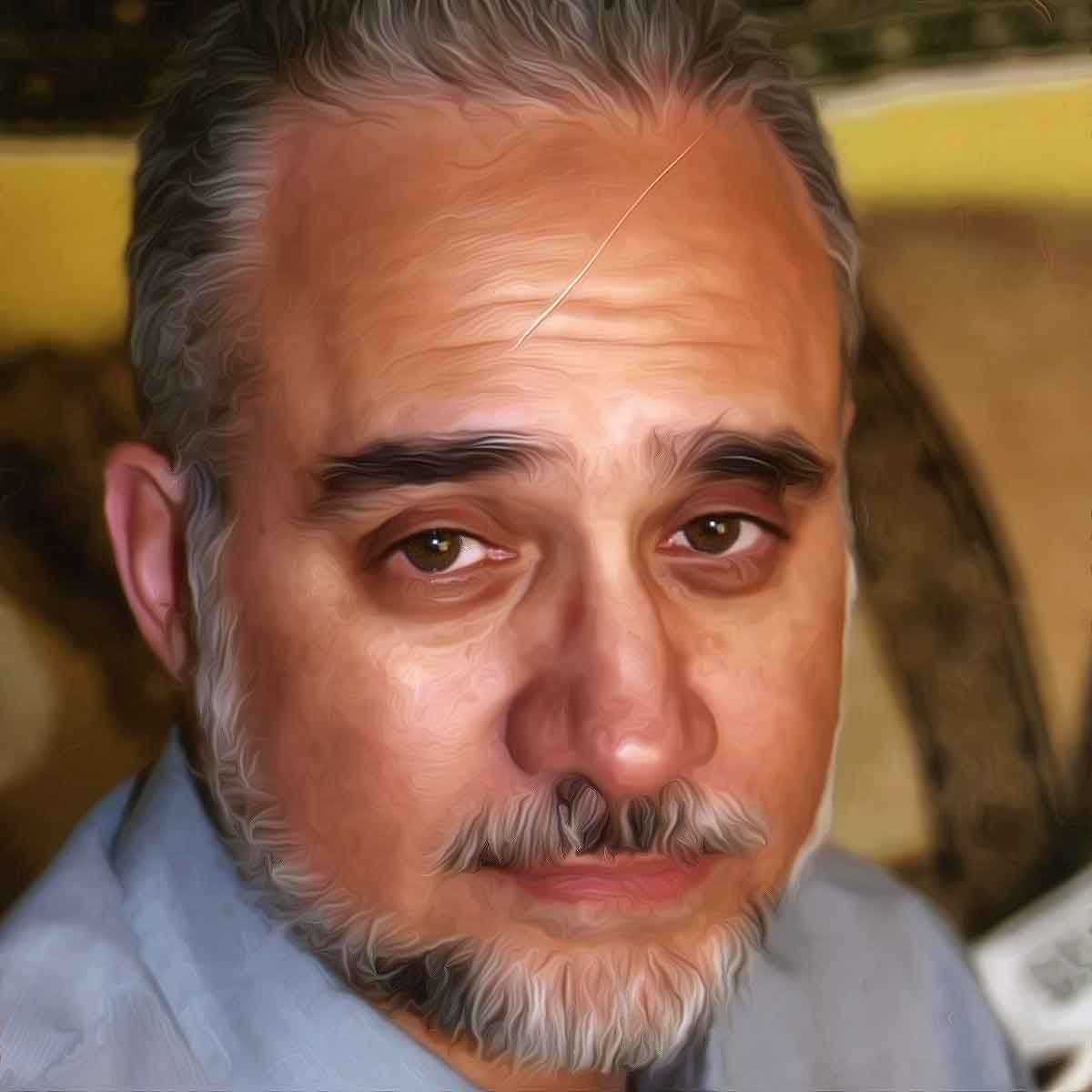
When The Professors was first published in February 2006, it was greeted by cries of outrage from the academic Left. The author was denounced as a reincarnation of Joseph McCarthy and his book as a “blacklist,” although no evidence existed to support either claim and both were the opposite of the truth. Far from being a “blacklist,” the text explicitly—and in so many words—defended the right of professors to teach views that were unpopular without fear of political reprisal. The author also publicly defended the First Amendment rights of Ward Churchill, the most notable case of a professor under attack for his political views.
The present volume examines 101 college professors and attempts to provide a factual basis for answering these questions. The method used is similar to the scholarly historical discipline known as “prosopography,” which was defined by one of its creators and best-known practitioners, Lawrence Stone, as “the study of biographical details of individuals in the aggregate.” The purpose of this exercise, as Stone explains is “to establish a universe to be studied,” in this case a universe of representative academics who use their positions to promote political agendas. A further purpose of prosopography is to establish patterns of conduct and patterns in careers through a study of the assembled profiles.
When viewed as a whole, the 101 portraits 26 in this volume reveal several disturbing patterns of university life, which are reflected in careers like Ward Churchill’s. These include:
- Promotion far beyond academic achievement (Professors Anderson, Aptheker, Berry, Churchill, Davis, Kirstein, Navarro, West, Williams, and others in this volume);
- Teaching subjects outside one’s professional qualifications and expertise for the purpose of political propaganda (Professors Barash, Becker, Churchill, Ensalaco, Furr, Holstun, Wolfe, and many others);
- Making racist and ethnically disparaging remarks in public without eliciting reaction by university administrations, as long as those remarks are directed at unprotected groups, e.g., Armenians, whites, Christians, and Jews (Professors Algar, Armitage, Baraka, Dabashi, hooks, Massad, and others);
- The overt introduction of political agendas into the classroom and the abandonment of any pretense of academic discipline or scholarly inquiry (Professors Aptheker, Dunkley, Eckstein, Gilbert, Higgins, Marable, Williams, and many others).
Professor Ihsan Bagby, Professor of Islamic studies, University of Kentucky
— General Secretary of the Muslim Alliance of North America
— A black convert to Islam, Ihsan Bagby is an associate professor of Islamic studies at the University of Kentucky. Born in Cleveland, Ohio, he attended Oberlin College for his undergraduate degree and then earned his Master's and Ph.D. in the field of Near Eastern studies from the University of Michigan.
Professor Bagby is an Islamic fundamentalist who has declared, “Ultimately we [Muslims] can never be full citizens of this country [the U.S.] because there is no way we can be fully committed to the institutions and ideologies of this country.” In 2001, Professor Bagby published the results of his comprehensive study, The Mosque in America: A National Portrait, which purported to show that American Muslims were political and religious moderates. In April 2004, he wrote A Portrait of Detroit Mosques: Muslim Views on Policy, Politics and Religion, which interpreted the findings of a survey conducted by a Detroit-area Islamic organization, the Institute for Social Policy and Understanding. According to Bagby’s reading of the data, and despite his view that Muslims cannot assimilate, “The vast majority of Muslim Americans hold ‘moderate’ views on issues of policy, politics, and religion.” In a newspaper interview, Professor Bagby stated that the results showed that “the mosque community is not a place of radicalism.”
|
But as a scholar of Islam Daniel Pipes writes, that Professor Bagby’s interpretation amounts to “a case of survey research being distorted by its sponsors to hide the actual results. This is intellectual fraud and political deception.” In fact, the survey found that among the Muslim respondents: fully two-thirds believed that “America is immoral”; four-fifths advocated the application of Shari’a (Islamic law) in Muslim-majority nations.
In addition to his professorial duties and research ventures, Professor Bagby is the General Secretary of the Muslim Alliance of North America (MANA), a predominantly African-American organization, which is headed by Siraj Wahhaj, a suspected coconspirator in the 1993 bombing of the World Trade Center. MANA’s director of governmental affairs, Johari Abdul Malik, compassionately described Sheik Ahmed Yassin, then-leader of the terrorist group Hamas, as “a poor paraplegic in a wheelchair” in April 2004 anti-Israel rally.
|
Professor Bagby is also a board member of the Council on American-Islamic Relations (CAIR). In 1998, CAIR co-sponsored a rally at Brooklyn College, where militant speakers advocated jihad and characterized Jews as “pigs and monkeys.” In November 1999, CAIR board chairman Omar Ahmad told a Chicago audience, “Fighting for freedom, fighting for Islam, that is not suicide. They kill themselves for Islam.”
Professor Bagby also sits on the advisory board of the Islamic Society of North America, which is responsible for enforcing Wahhabi theological writ in American mosques. The Islamic Society of North America views the Patriot Act as an affront to Muslim Americans and advocates that it be overturned; the organization also chose not to endorse or participate on May 14, 2005, Free Muslims March Against Terror.
Research: John Perazzo
|
Professor Amiri Baraka, Rutgers University, Stony Brook
— Formerly LeRoi Jones
— Anti-white, anti-Semitic writer
— Former poet laureate of New Jersey
Amiri Baraka was born Everett Leroy Jones in 1934 to a middle-class family in Newark, New Jersey. He later changed his name to LeRoi Jones while attending Howard University in the early 1950s, then adopted the name Amiri Baraka after his conversion to Islam in 1968.
Jones launched his literary career with the 1961 publication of his Beat-influenced poetry collection, Preface to a Twenty Volume Suicide Note. He gained national prominence from the 1964 New York production of Dutchman, a play focusing on the flirtatious interactions between a black man and a white woman on a subway train at whose climax the white woman stabs the black man to death.
The following year Jones wrote “American Sexual Reference: Black Male,” an essay that includes insights like this: “Most American white men are trained to be fags. For this reason, it is no wonder their faces are weak and blank... The average of any [white person] thinks of the black man as potentially raping every white lady in sight. This is true, in the sense that the black man should want to rob the white man of everything he has. But for most whites, the guilt of the robbery is the guilt of rape. That is, they know in their deepest hearts that they should be robbed, and the white woman understands that only in the rape sequence is she likely to get cleanly, viciously popped.” In leftist circles, such writings gained Jones a reputation as a courageously candid genius, which paved his way for an academic career.
|
The 1965 assassination of Malcolm X by Black Muslims caused Jones to confront his own hypocrisy as a black racist living in a white world. He decided to leave the white world he inhabited for a black environment. “When Malcolm was murdered,” Jones wrote, “I began to hold all white people responsible, even though in some part of my mind I knew better. But it was this heinous act . . . that made me pack up and move to Harlem and sever all ties with most of the white people I knew, many of whom were my close friends.” Among the close friends, Jones left behind were his Jewish wife and two young daughters, abandoning them in a self-aggrandizing quest to fill Malcolm’s vacated leadership position. Exculpating his betrayal of his wife and children, Jones explained, “I was caught downtown with white people, and left. As simple as that. Like one day you got pubic hairs.”
Following this episode, Jones’s writings took on an increasingly anti-Semitic tone. In his poem “For Tom Postell, Dead Black Poet,” Jones refers to his ex-wife as a “fat jew girl.” The poem also contains these sentiments: “Smile, jew. Dance, jew. Tell me you love me, jew. I got something for you now though. . . . I got the extermination blues, jewboys. I got the Hitler syndrome figured.” In another poem, he writes, “Atheist Jews double crossers stole our [black people’s] secrets... They give us to worship a dead Jew and not ourselves . . . . Selling fried potatoes and people, the little arty bastards talking arithmetic they sucked from the Arab's head.”
In Harlem, Jones helped found the Black Arts Repertory Theater /School, which produced plays emphasizing blackness as the central identifying characteristic of African-Americans. Outdoor performances of his plays—including one that featured a black man murdering his white employers—drew considerable public attention during the summer of 1965. Toward the end of that year, however, Jones realized that he would be unable to fill Malcolm’s empty shoes and moved back to Newark.
In 1967, Jones published Black Magic, a collection of poems describing his recent exit from white society. That same year, he denounced blacks who enjoyed European classical music as traitors to their race. Such people, he said, were too “connected up with white culture. They will be digging Mozart more than James Brown. If all of that shit—Mozart, Beethoven, all of it—if it has to be burned now for the liberation of our people, it should be burned up the next minute.”
One year later, Jones became a Muslim and changed his name to Amiri Baraka, meaning “Blessed Prince.” As Amiri Baraka, his literary and academic careers continued to thrive even as his ideological poisons took full possession of his writing. His 1969 poem “Black Art,” reads, in part: “Poems are bullshit unless they are teeth or trees or lemons piled on a step. . . . We want poems like fists beating niggers out of Jocks, or dagger poems in the slimy bellies of the owner-Jews. Black poems to smear on girdle-mamma mulatto bitches whose brains are red jelly stuck between ‘lizabeth taylor’s toes. Stinking Whores! We want poems that kill. Assassin poems. Poems that shoot guns. Poems that wrestle cops into alleys and take their weapons leaving them dead with tongues pulled out and sent to Ireland.” This same poem later celebrates “cracking steel knuckles in a jew-lady’s mouth.”
Another Baraka poem, “Black People,” descends even further into venomous racism: “[The white man] owes you anything you want, even his life. All the stores will open if you say the magic words. The magic words are: Up against the wall motherfucker this is a stick-up! ... Let’s get together and kill him, my man.” In another poem, Baraka writes, “Rape the white girls. Rape their fathers. Cut the mothers’ throats.”
In case any reader missed the genocidal message of his text, Baraka spelled it out for them: “We [blacks] must eliminate the white man before we can draw a free breath on this planet” When a white woman asked Baraka what whites could do to help the black cause, he replied, “You can help by dying. You are cancer. You can help the world’s people with your death.”
|
These sentiments were apparently a credential for Baraka to receive a series of academic appointments at the New School for Social Research in New York, the University of Buffalo, Columbia University, San Francisco State University, Yale University, George Washington University, and the State University of New York at Stony Brook.
They also qualified him to receive a host of academic and literary honors, including fellowships from the Guggenheim Foundation and the National Endowment for the Arts, the Langston Hughes Award from The City College of New York, the Rockefeller Foundation Award for Drama, the PEN/Faulkner Award, a lifetime achievement award from the Before Columbus Foundation, and induction into the American Academy of Arts and Letters.
To be fair, Professor Baraka has encountered some academic resistance. In 1990, his outspoken racism caused him to be denied a tenured position by the Rutgers University English department, which had previously hired him. This was a positive decision by the faculty partly compensating for the fact that he had been hired in the first place. Professor Baraka blamed “Europhilic elitists and white supremacists” for blocking his appointment. “The power of these Ivy League Goebbels [on the tenure committee] can flaunt, dismiss, intimidate and defraud the popular will,” said Baraka. “We must unmask these powerful Klansmen. These enemies of academic freedom, people’s democracy, and Pan-American culture must not be allowed to prevail. Their intellectual presence makes a stink across the campus like the corpses of rotting Nazis.”
In October 2001, Professor Baraka capped his anti-Semitic furies with a screed called “Somebody Blew Up America,” pointing his finger at the Jews, while repeating a disproved canard: “Who knew the World Trade Center was gonna get bombed?” reads the poem. “Who told 4,000 Israeli workers at the Twin Towers to stay home that day? Why did Sharon stay away?”
In the same poem, Professor Baraka attacks the U.S. government for reflexively blaming “some barbaric A Rab” and refers to whites and Jews as “gonorrhea in costume, the white sheet diseases that have murdered black people, terrorized reason and sanity, most of humanity, as they please.” He further characterizes whites and Jews as those “who cut your nuts off, who rape your ma, who lynched your pa . . . who owns the oil, who do no toil, who own the soil . . . who killed the most niggers . . . who believe the confederate flag need to be flying. . . . who [are] the biggest terrorist[s] . . . [who] only do evil . . . [and who] invented AIDS.”
In July 2002, Professor Baraka was named poet laureate of New Jersey, thereby becoming only the second person to hold that position, which paid a $10,000 stipend funded by taxpayer dollars. When the appointment produced a national scandal, New Jersey officials avoided firing Professor Baraka by eliminating the position entirely. Professor Baraka responded by vowing to sue the state for slander and the violation of his First Amendment rights.
In April 2005, the Middle East Studies Program at Columbia University advertised a gala celebration for Professor Baraka’s 70th birthday and encouraged students to attend.
Research: John Perazzo
References:
The Professors: The 101 Most Dangerous Academics in America - David Horowitz
 Support Us
Support Us
Satyagraha was born from the heart of our land, with an undying aim to unveil the true essence of Bharat. It seeks to illuminate the hidden tales of our valiant freedom fighters and the rich chronicles that haven't yet sung their complete melody in the mainstream.
While platforms like NDTV and 'The Wire' effortlessly garner funds under the banner of safeguarding democracy, we at Satyagraha walk a different path. Our strength and resonance come from you. In this journey to weave a stronger Bharat, every little contribution amplifies our voice. Let's come together, contribute as you can, and champion the true spirit of our nation.
 |  |  |
| ICICI Bank of Satyaagrah | Razorpay Bank of Satyaagrah | PayPal Bank of Satyaagrah - For International Payments |
If all above doesn't work, then try the LINK below:
Please share the article on other platforms
DISCLAIMER: The author is solely responsible for the views expressed in this article. The author carries the responsibility for citing and/or licensing of images utilized within the text. The website also frequently uses non-commercial images for representational purposes only in line with the article. We are not responsible for the authenticity of such images. If some images have a copyright issue, we request the person/entity to contact us at This email address is being protected from spambots. You need JavaScript enabled to view it. and we will take the necessary actions to resolve the issue.
Related Articles
- "Loafers of the world, unite!": Professor Stanley Aronowitz of City University of New York in his memoir “The Last Good Job in America” acknowledged that City University hired him as they believed he was a labor sociologist and admits it was just a scam
- “Who says exactly what they’re thinking? What kind of a game is that?”: Committed Marxist, Prof. Berlowitz teaches “resistance” as in, “Privatization must be resisted,” - only a Marxist could make the connection between resisting privatization and peace
- Purification - Understanding Islam through Hadis - Religious Faith or Fanaticism
- "Basic tool for manipulation of reality is the manipulation of words": Prof Castellano blames the US and its unjust foreign policies for having provoked 9/11 horrors in the first place, not poor security but America’s “imperialist” policies accountable
- When true Historian Sita Ram Goel's Challenge Became a Nightmare for Marxist Historians
- "In public realm, secularism should not concede a single inch to religious intrusions": India never knew a theocratic state till Islam entered Bharat, Hindu Dharma always was a pluralistic religion till genesis of Nehruvian Secularism for mystic reasons
- "Hindus have a tendency to dip their foot in self-destructive behavior": Hindu elite shouts slogan of sarva-dharma- samabhãva whereas Muslim claims, "Allah has mandated lands of the infidels to his last prophet, in turn, has bequeathed them to the Ummah"
- "Copyright? Copy RIGHT: Steal ideas, steal facts but do not steal words": Did you know the Greek version of Trojan Horse at Troy from Odyssey was an adaptation of the original Indian version of the Trojan White Elephant from Brihatkatha, a Sanskrit play
- Professor of Political Science at Columbia University, Professor Lisa Anderson regards America’s wars of liberation in Afghanistan and Iraq as “an assault on the entire region”: The 101 Most Dangerous Academics in America
- “Abuses of the University”: Professor Berube described University as “the final resting place of the New Left,” said those who failed to regard “feminist or queer theory as a legitimate area of scholarship”—were only perpetuating “ignorance and injustice
- "What one loves in childhood stays in the heart forever": One of the most cherished shows of our childhood, Malgudi Days was aired during late 80-90s based on short story collection by RK Narayan that had all elements to unite family for television time
- "Each era, a stitch in time's tapestry": India's ancient timeline - From Svayambhuva Manu to the Mahabharata, new research using archaeo-astronomy redefines historical chronology, challenging established epochs and reshaping our understanding of the past
- Introduction - Understanding Islam through Hadis - Religious Faith or Fanaticism
- "To win this war, we need a commander in chief, not a professor of law standing at the lectern": Prof. Barash is not a trained historian, economist, or sociologist but a psychologist, while his co-author Professor Webel is a philosopher, let's teach Hate
- “Instead of causing chaos and rocking someone else’s boat, you need to row your own”: Prof Berry, a strong advocate of racial preferences in employment & education, said “Civil Rights laws were not passed to give civil rights protection to all Americans”
Related Articles
Twitter Coverage
Satyaagrah
Written on
Satyaagrah
Written on
Satyaagrah
Written on
Satyaagrah
Written on
Satyaagrah
Written on
